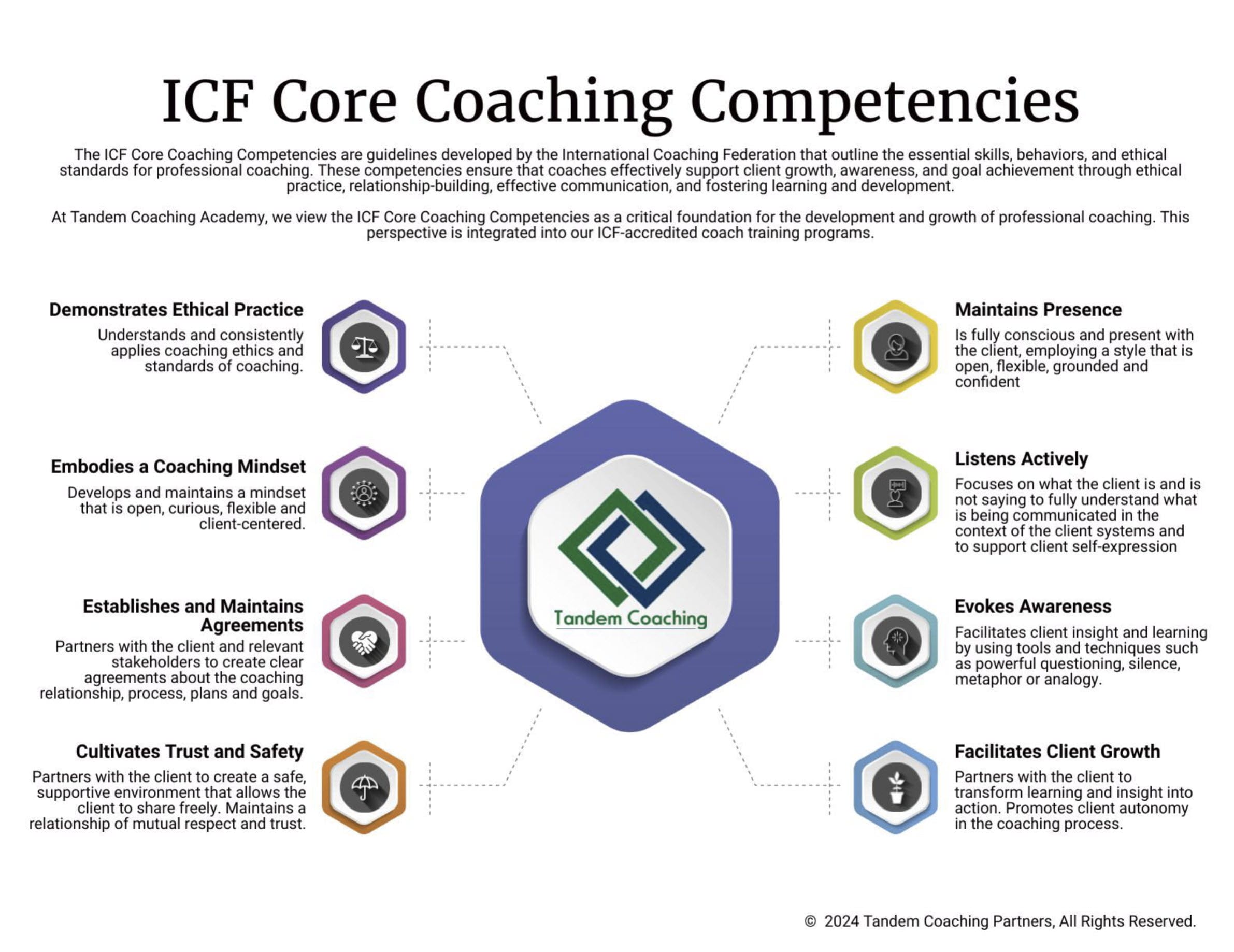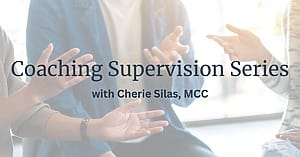Hello. Today I want to talk about the concept of very popular in Agile coaching circles. And it’s powerful questions. My understanding is that powerful questions, the term itself came from Coaching Training Institute, CTI, the creator of the co-active coaching model, and was picked up a long time ago, like 10, or even more years by Agilists who were going through professional coaching training with them.

Enjoyed our insights on professional coaching? We’re just scratching the surface. Dive deeper into the world of transformative coaching with our exclusive offer. Sign up now to receive our FREE brochure: “Our Twelve Favorite Coaching Questions”—a curated collection of powerful questions designed to unlock potential, foster growth, and inspire action.
"*" indicates required fields
And that was a very novel concept – teaching those students how to ask the right questions, how to ask deeper questions, rather than what we use in our daily lives. And the idea took off. And now everybody and his brother is asking powerful questions. And what I want to talk about today is that there is no such thing as a powerful question asked on purpose. You cannot pull out a list of questions, “Here’s a list of 100 powerful questions,” and you go ask them and they’re going to be powerful. There is much more going on behind the scenes that makes every question that a coach asks a powerful one.
And the question structure is just one component of that. The question word itself, what and how, primarily what and how words is just one important, but not the only part that gives question a power.
At Tandem we prefer to refer to questions in a dichotomy of transactional and transformational questions. Transactional questions are pretty much all those questions that we ask in daily lives, in daily conversation with friends, families, and whoever else. Transactional questions are about transferring the information. They are about these data transfers; they are primarily rear facing they are facing in the past, trying to explain something or just the transfer some events, some decisions, some conversations and all that. And they primarily focus on the problem.
Transformational questions, unlike transactional, they are primarily forward facing, though not always. They are always curious. They are curious for the benefit of those who we are talking to. And the primary question there, “I wonder what would happen for that person if they knew this?” And last but not least, transformational questions, they focus on the person, not on the problem at hand.
Also, there are quite a few qualities of transformational questions. They are primarily clear, direct and open ended. There’s no beating around the bush, there is no kind of, “well, I’m not going to ask this question, and I’m going to ask it in a roundabout way.” They are open ended, they don’t start with, do you? are you? and all those verbs that invite a yes or no answers. They are thought-provoking, and they are asked one at a time with a lot of pauses, with a lot of silence, with a lot of space for those participating in the conversation to think, to think through, to think through the answers.
They’re also not leading; they are not providing any directions. They are not, “have you thought of this.” That is a close-ended question first. And secondly, this is a leading question where you as a coach, transfer your thoughts and transfer your solution to the client. And so, there are many, many more things that contribute to question power. So transformational questions, not all transformational questions are powerful questions. The most important thing that goes for or against the power behind the question is the context in which it’s asked; is the time, and moment, and the space in the conversation.
You can ask one question in two different contexts, and it can be absolutely the most powerful question you ever asked. And in another context, it will fall flat. It all depends on the situation, in the moment. So, there is no such thing as I’m going to be asking powerful questions. And here’s the list of powerful questions. What are you going to do there, you’re going to adopt, and you’re going to learn a lot of open-open ended, a lot of questions that provoke thinking that kind of don’t ask for yes or no answers.
Every coach needs to be working much harder and needs to be developing these competencies of asking the questions, that turns the questions into powerful questions. And when it comes to ICF, the old competencies, ICF competencies, they actually had asking powerful questions as a separate core competency. And last year, they came out with a new series of competencies, where powerful questions were gone, because they actually recognize that asking powerful questions is not a competency. There is no such competency, “I will be practicing asking powerful questions. And at the end of the day, I will be a master of asking powerful questions.” And master coach can be asking questions all day long, and none of them will be powerful. And then they will ask a simple, shortest, one question. And that will create the aha moment for the client.
So, what I would recommend, focus on the structure and focus on the purpose of transformational questions. And then start using ICF competencies such as active listening, such as evoking awareness. And as you’re building these competencies, you have a much better chance of giving your questions power, of creating those powerful questions, of giving your clients that aha moment that evokes awareness and that helps move the client forward.
And that’s all for today. Thanks for watching.

Unlock Your Coaching Potential with Tandem!
Dive into the essence of effective coaching with our exclusive brochure, meticulously crafted to help you master the ICF Core Coaching Competencies.
"*" indicates required fields
About the Author
Cherie Silas, MCC
She has over 20 years of experience as a corporate leader and uses that background to partner with business executives and their leadership teams to identify and solve their most challenging people, process, and business problems in measurable ways.















